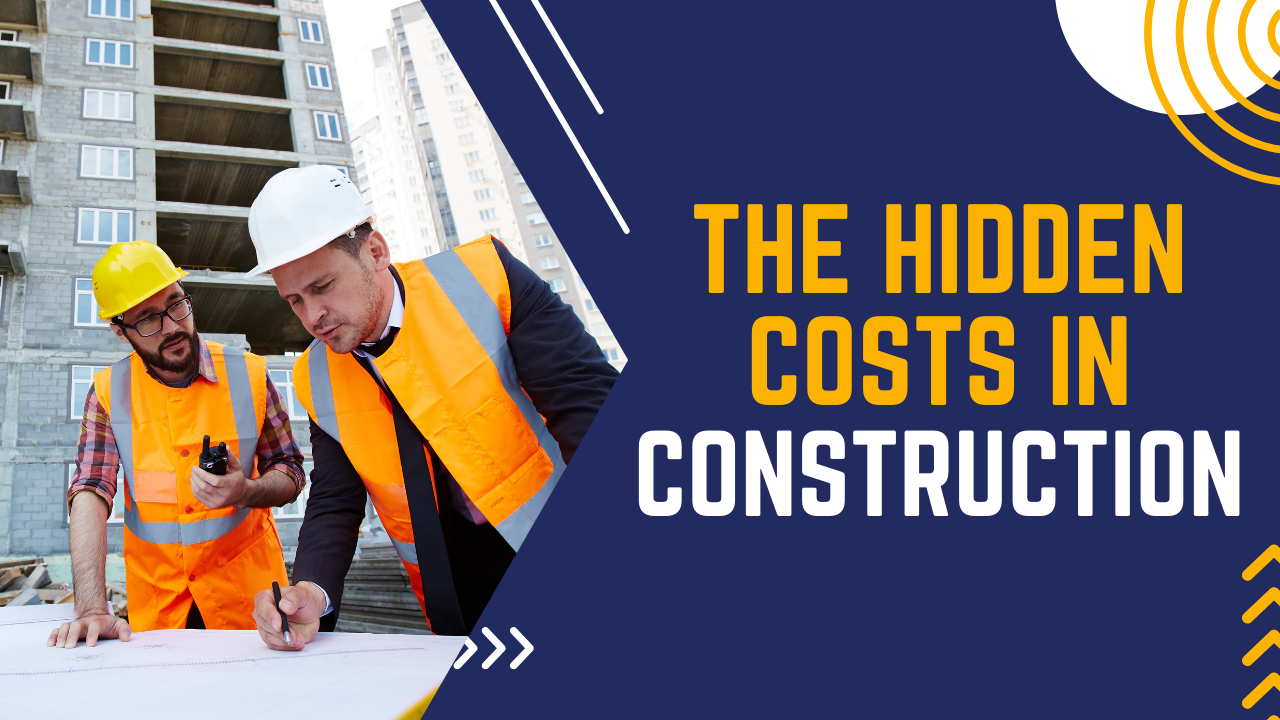Graphene is a single layer of carbon atoms arranged in a two-dimensional honeycomb lattice. Since its discovery in 2004 at the University of Manchester, it has been hailed as a wonder material.
Why? Because graphene is:
- Stronger than steel
- Lightweight and flexible
- Highly conductive of both electricity and heat
These unique properties make it valuable across multiple industries, electronics, energy, healthcare, and now, construction.
In this blog, we’ll explore how graphene could reshape the UK construction industry.
Stronger and Lighter Materials
One of graphene’s most promising applications is in next-generation building materials.
- Graphene composites can be stronger yet lighter than traditional materials.
- This improves structural integrity and lifespan of buildings.
- Reduced material weight also lowers transportation costs and the carbon footprint of projects.
For the UK, this means greener, more efficient construction without compromising on safety or performance.
Improved Concrete
Concrete production is one of the largest contributors to global CO₂ emissions. Integrating graphene into concrete could be a game-changer:
- Increases strength, durability, and water resistance
- Reduces the amount of concrete needed for projects
- Cuts emissions associated with production
Graphene-enhanced concrete could help the industry meet sustainability targets while lowering long-term maintenance costs.
Energy Efficiency in Buildings
Thanks to its exceptional conductivity, graphene could make buildings far more energy-efficient:
- Insulation materials infused with graphene improve heat retention
- Graphene-coated windows and walls could reduce heating and cooling demands
- Buildings could use less energy, lowering utility bills and carbon emissions
This aligns perfectly with the UK’s push towards net-zero carbon buildings.
Smart Construction with IoT
Graphene’s conductivity also makes it ideal for embedding sensors into construction materials.
Imagine:
- Real-time monitoring of structural health
- Early detection of cracks, stress, or moisture
- Energy usage tracking built directly into walls or floors
This would allow for predictive maintenance, improving safety and reducing repair costs.
Sustainability and Lifecycle Benefits
Graphene doesn’t just improve performance—it extends the lifespan of construction materials.
- More durable materials mean fewer repairs and replacements
- Lower material waste supports sustainable construction practices
- Reduced environmental impact over the building’s lifecycle
Water Filtration Applications
Graphene can also filter contaminants from water. In construction, this could be applied to:
- Advanced water purification systems within buildings
- Sustainable water management for housing, offices, and infrastructure projects
This has particular potential for urban areas and regions facing water scarcity.
Challenges to Adoption
Despite its potential, widespread use of graphene in construction is not without challenges:
- High production costs remain a barrier
- Scalability of manufacturing is still under development
- Integrating graphene into existing construction standards will take time
However, as research advances and production becomes more affordable, these barriers are expected to fall.
Final Thoughts
Graphene could revolutionise UK construction. From stronger and lighter materials to energy-efficient buildings, smarter infrastructure, and sustainable practices, its applications are vast.
While challenges remain, the future looks promising. As graphene technology matures, UK construction could be at the forefront of adopting a material that delivers strength, efficiency, and sustainability in one package.
Find out how we can help at metroun.co.uk










